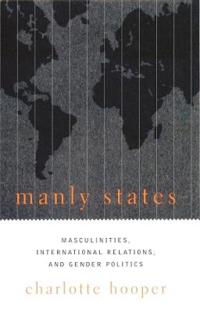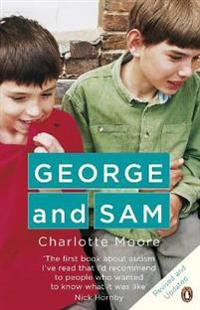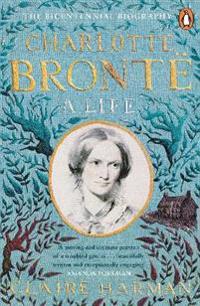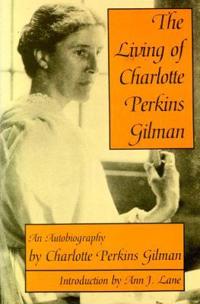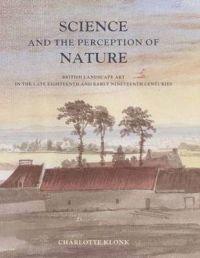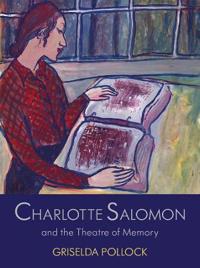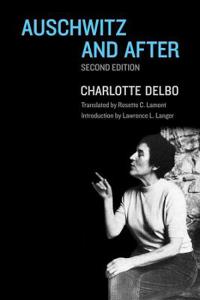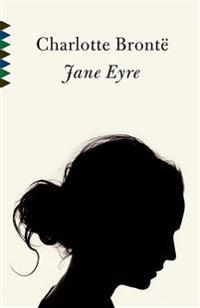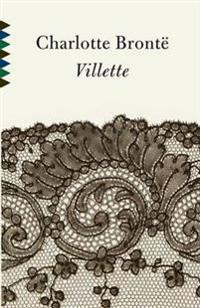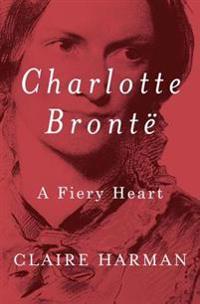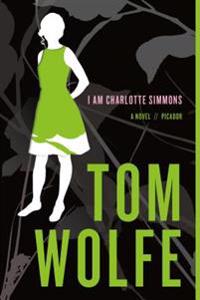Literature And Science (Pocket)
avCharlotte Sleigh
ISBN: 9780230218178 - UTGIVEN: 2010-11-17The growing field of literature and science is for the first time given a fully theorized overview. Using case studies from a three hundred year history, Sleigh focuses on literary form and argues that novels did not just reflect or inform areas of science, but were part of a broader, ongoing cultur[...]
Holy Ghosts: The Male Muses of Emily and Charlotte Bronte (Pocket)
avIrene Tayler
ISBN: 9780231071550 - UTGIVEN: 1993-10-01Charlotte Perkins Gilman: A Nonfction Reader (Pocket)
avLarry Ceplair
ISBN: 9780231076173 - UTGIVEN: 1991-11-04Manly States (Häftad)
avCharlotte Hooper
ISBN: 9780231120753 - UTGIVEN: 200102Much has been written on how masculinity shapes international relations, but little feminist scholarship has focused on how international relations shape masculinity. Charlotte Hooper draws from feminist theory to provide an account of the relationship between masculinity and power. She explores how[...]
Genes and DNA: A Beginner's Guide to Genetics and Its Applications (Övrig)
avCharlotte K. Omoto, Paul F. Lurquin
ISBN: 9780231130134 - UTGIVEN: 2004-03-17Covering newsworthy aspects of contemporary biology -- gene therapy, the Human Genome Project, DNA testing, and genetic engineering -- as well as fundamental concepts, this book, written specifically for nonbiologists, discusses classical and molecular genetics, quantitative and population genetics [...]
Vaccines and Your Child: Separating Fact from Fiction (Övrig)
avPaul A. Offit, Charlotte A. Moser
ISBN: 9780231153072 - UTGIVEN: 2011-02-18Paul A. Offit and Charlotte A. Moser answer questions about the science and safety of modern vaccines. In straightforward prose, they explain how vaccines work, how they are made, and how they are tested. Most important, they separate the real risks of vaccines from feared but unfounded risks. Offit[...]
The Brontë Sisters (Boxed Set) (Inbunden)
avCharlotte Brontë, Emily Brontë, Anne Brontë
ISBN: 9780241248768 - UTGIVEN: 2016-06-30George and Sam (Häftad)
avCharlotte Moore
ISBN: 9780241956601 - UTGIVEN: 201203Charlotte Moore has three children: the two oldest, George and Sam, are autistic; the youngest Jake is not. In this extraordinary book, which combines personal memoir with the most recent known information on this most fascinating and elusive of conditions, she describes the circumstances of their b[...]
Charlotte Bronte (häftad)
ISBN: 9780241963661 - UTGIVEN: 2016-04Raised motherless on remote Yorkshire moors, watching five beloved siblings sicken and die, haunted by unrequited love: Charlotte Bronte's life has all the drama and tragedy of the great Gothic novels it inspired. Charlotte was a literary visionary, a feminist trailblazer and the driving force behin[...]
Power of Words in International Relations, The: Birth of an Anti-Whaling Discourse (Övrig)
avCharlotte Epstein
ISBN: 9780262050920 - UTGIVEN: 2008-11-04In the second half of the twentieth century, worldwide attitudes toward whaling shifted from widespread acceptance to moral censure. Why? Whaling, once as important to the global economy as oil is now, had long been uneconomical. Major species were long known to be endangered. Yet nations had contin[...]
The Power of Words in International Relations (Häftad)
avCharlotte Epstein
ISBN: 9780262550697 - UTGIVEN: 2008-11In the second half of the twentieth century, worldwide attitudes toward whaling shifted from widespread acceptance to moral censure. Why? Whaling, once as important to the global economy as oil is now, had long been uneconomical. Major species were long known to be endangered. Yet nations had contin[...]
Science and the Perception of Nature (Inbunden)
avCharlotte Klonk
ISBN: 9780300069501 - UTGIVEN: 1996-11Examining the areas in which art and science came into contact with one another in the late-18th and early-19th centuries, this work argues that the common thread running through the changes in art and science was the emergence of a new phenomenalist conception of experience.[...]
Auschwitz and After (Häftad)
avCharlotte Delbo
ISBN: 9780300070576 - UTGIVEN: 199704In March 1942, French police arrested Charlotte Delbo and her husband, the resistance leader Georges Dudach, as they were preparing to distribute anti-German leaflets in Paris. The French turned them over to the Gestapo, who imprisoned them. Dudach was executed by firing squad in May; Delbo remained[...]
Charlotte Salomon and the Theatre of Memory
ISBN: 9780300100723 - UTGIVEN: 2018-03An enlightening and overdue re-evaluation of the masterwork of a complex and under-appreciated artist Charlotte Salomon (1917-1943) is renowned for a single, monumental, modernist artwork, Life? or Theatre? (Leben? oder Theater?), comprising 784 paintings and created between 1941 and 1942. This majo[...]
Auschwitz and After (Häftad)
avCharlotte Delbo
ISBN: 9780300190779 - UTGIVEN: 2014-10Written by a mamber of the French resistance who became an important literary figure in postwar France, this moving memoir of life and death in Auschwitz and the post-war experiences of women survivors has become a key text for Holocaust studies classes. This second edition includes an updated and e[...]
Jane Eyre (Häftad)
avCharlotte Bronte
ISBN: 9780307455192 - UTGIVEN: 200904Charlotte Bronte's most beloved novel describes the passionate love between the courageous orphan Jane Eyre and the brilliant, brooding, and domineering Rochester. The loneliness and cruelty of Jane's childhood strengthens her natural independence and spirit, which prove invaluable when she takes a [...]
Jane Eyre (Inbunden)
avCharlotte Bronte, Lucy Hughes-Hallett
ISBN: 9780307700377 - UTGIVEN: 201102Initially published under the pseudonym Currer Bell in 1847, Charlotte Bronte's" Jane Eyre" erupted onto the English literary scene, immediately winning the devotion of many of the world's most renowned writers, including William Makepeace Thackeray, who declared it a work "of great genius."
Wid[...]Jane Eyre (CD-bok)
avCharlotte Bronte
ISBN: 9780307917706 - UTGIVEN: 201102Introduction by Diane Johnson
Commentary by G. K. Chesterton, Virginia Woolf, Elizabeth Rigby, George Saintsbury, and Anthony Trollope
Initially published under the pseudonym Currer Bell in 1847, Charlotte Bronte's "Jane Eyre" erupted onto the English literary scene, immediately winning the [...]Charlotte Bronte: A Fiery Heart
ISBN: 9780307962089 - UTGIVEN: 2016-02A groundbreaking biography that places an obsessive, unrequited love at the heart of the writer's life story, transforming her from the tragic figure we have previously known into a smoldering Jane Eyre.
Famed for her beloved novels, Charlotte Bronte has been known as well for her insular, tragi[...]I Am Charlotte Simmons (Häftad)
avTom Wolfe
ISBN: 9780312424442 - UTGIVEN: 2005-08Wolfe masterfully chronicles college sports, fraternities, keggers, coeds, and sex--all through the eyes of Charlotte Simmons, a bright and beautiful freshman at the fictional Dupont University.[...]




